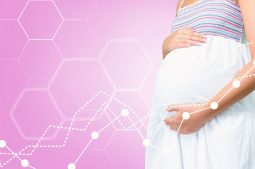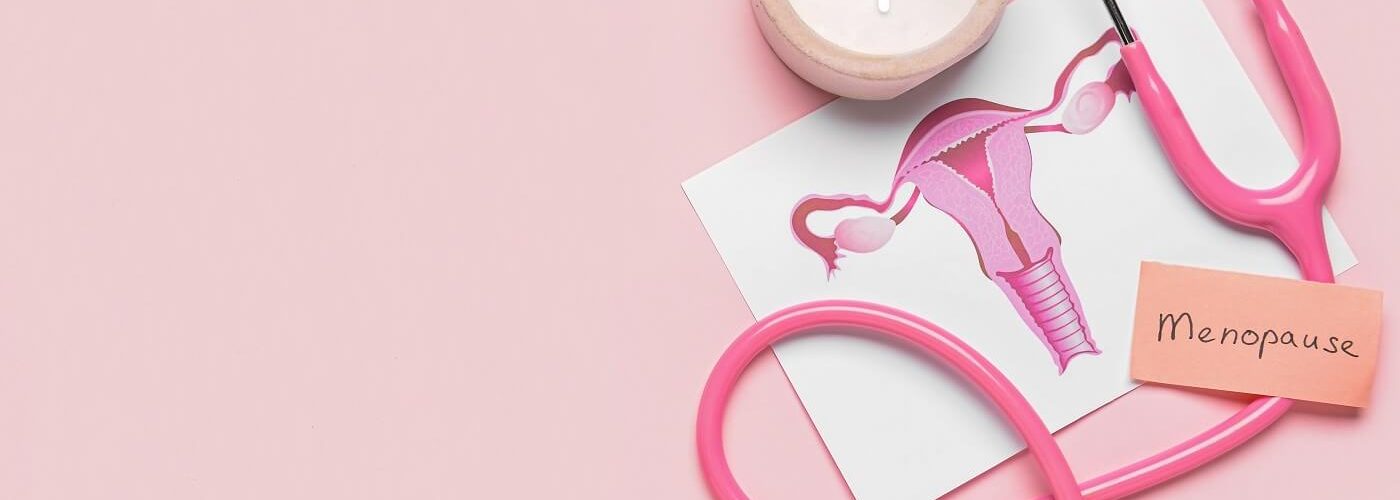
We talk about menopause when a woman reaches the end of her reproductive age. Menstrual cycles no longer occur, ovulation ceases, and therefore, women become infertile.
However, today we pose a question: Can you become a mother during menopause? Assisted reproductive treatments make this possible. We will discuss this in depth in the blog, where we will also explain the symptoms of menopause and perimenopause, as well as possible treatments.
What is menopause?
Over time, the production of estrogen and testosterone decreases, affecting, among other things, metabolism and sexual function. This is the period of menopause, which usually occurs between the ages of 45 and 55, although many women might experience the symptoms earlier or later. Hormonal imbalance causes many of the common symptoms of menopause, such as hot flashes or dehydration of the skin and mucous membranes. These hormones, estrogen and testosterone, regulate body temperature and hydration.
In fact, each woman may experience the symptoms differently, depending on her body and lifestyle. What is evident, though, is that menopause brings an end to the activity of the reproductive system due to the cessation of ovulation.
Can I become a mother during menopause?
Since menstrual cycles, including ovulation, no longer occur, achieving a natural pregnancy with a menopause diagnosis is not possible. However, assisted reproduction can be an alternative, as the uterus remains functional for hosting an embryo. The endometrium does not age, and a specialist, after conducting a series of tests, may prescribe hormonal treatment for embryo transfer.
Embryos will develop in the laboratory through in vitro fertilization (IVF) using donor eggs. However, it is also possible that the patient had frozen her own eggs years ago, and in that case, she could become a mother using her own eggs.
How to identify menopause: symptoms
The most obvious symptoms of menopause are the end of menstrual cycles and ovulation. It is advisable to consult a specialist after one year without menstruation. This means that women can no longer become pregnant. There are also other symptoms that affect the majority of women going through menopause:
- Hot flashes and flushes. Around 80% of women experience them, as well as night sweats. These are recurring episodes that last a few minutes and can occur at any time. These may also be accompanied by chills, skin redness, rapid heartbeat, dizziness, or nausea.
- Vaginal dryness. The lack of estrogen causes decreased elasticity of the tissues, which not only affects the general skin but also the vagina. Discomfort or pain during sexual intercourse may occur, which, combined with a potential decrease in libido, can lead to a certain aversion to intimate relationships for some women.
- Mood changes, which can even lead to depression or anxiety disorders, all due to hormonal factors.
What is perimenopause?
Perimenopause, which can last up to ten years, is the stage leading up to menopause. Certain irregularities occur (in menstruation dates and duration, amount of bleeding, pain), but the ovaries still maintain their activity. The body prepares for the end of ovulation and menstruation, but women remain fertile. Therefore, pregnancy is still possible during perimenopause, unlike during menopause.
If in doubt and if you have any of the symptoms mentioned, it is advisable to consult a gynecologist. It is particularly recommended to do so if you observe any of the following signs:
- Intense hot flashes or sweating that interfere with sleep or daily life.
- Significant weight gain within a month.
- Persistent fatigue for several weeks.
- Excessive and abnormal hair loss.
At IVI, we help you to have children
Do you have menopause or are you in perimenopause and want to have a first appointment with one of our gynecologists? They will advise you and perform the necessary tests to determine a diagnosis and possible treatments. Remember that menopause doesn’t have to hinder your desire to become a mother, and that we are experts in fertility treatments.
Call us or leave your information in our online form. Our team will assist you and answer any questions you may have about your individual journey to motherhood.





Comments are closed here.